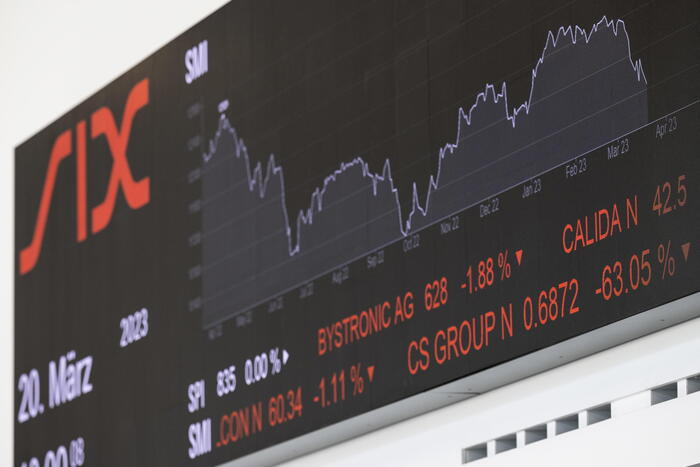The rise of the dollar in the last week
left several products in the economy "without prices".
Since Thursday, suppliers of different items warned their customers that in the midst of the skyrocketing exchange rate
"orders would not be taken"
.
In addition, many tried to update their prices to the rate of the rise in the US bill on the street, but
they warned of increases of between 30% and 40% this week.
The situation is repeated at each moment of exchange turbulence, but in a context of inflation that does not subside at 7% per month it becomes more relevant.
There are many examples: from
increases of more than 30% in tires,
to
paralysis in the lists of the materials corrals
.
Suppliers also fear a stronger adjustment to the stocks that will prevent them from replenishing merchandise, so for now they are halting activities.
After weeks of relative calm, the parallel dollar rose 11% in the last five days.
The nervousness in the market was accentuated after last Thursday the Government added a new peg to the already ultra-hardened exchange rate stocks and
postponed payments for import and freight services
, a measure that will help you save about US$ 2,000 millions.
The impact was quickly felt in the tourism segment.
Late on Friday,
several travel agencies informed their clients that they would stop receiving payments
in pesos to cancel ground transportation purchases abroad and that only US dollars would be taken for this type of international ticket.
"We hope that the situation will normalize soon," they said.
However, fear is growing in the sectors that, far from normalizing, import restrictions will increase in the remainder of the year.
"In line with what has happened in recent months, the government will continue to use
imports as an adjustment variable
," they indicated in their weekly report to the Invecq consultancy.
Along the same lines, IERAL economists warned that in terms of exports, imports and activity, this year's scenario will be very similar to that experienced by Argentina in 2009.
"The current drought will probably have more severe effects than those registered between 2008 and 2009. On this occasion, in addition to reducing exports and imports, deepening the recession in the level of economic activity, deteriorating fiscal accounts and generating loss of reserves in the Central Bank; it will not help to lower inflation as it happened 14 years ago," the study detailed.
In fact, as reported by
Clarín
, last week there were strong remarks.
In the first three weeks of April, according to LCG, all the food and beverages surveyed (some 8,000 different categories) changed their price at least once.
Some were even retouched twice, in a dynamic that has been heating up since the beginning of the year.
Inflation in March reached 7.7%, the highest record since 1991. Prices in April do not give up.
In the first 7 days of the month and after two weeks of relative calm, the prices of food and beverages rebounded strongly again.
Eco Go indicated that these sensitive categories of home consumption increased an average of 2%.
In contrast to LCG, the values soared 2.5% in the same period.
look also
The head of the AFIP affirmed that "if Cristina Kirchner says so, we will bank Sergio Massa"
Due to the gap, the liquidation of dollars for soybeans is further slowed down















